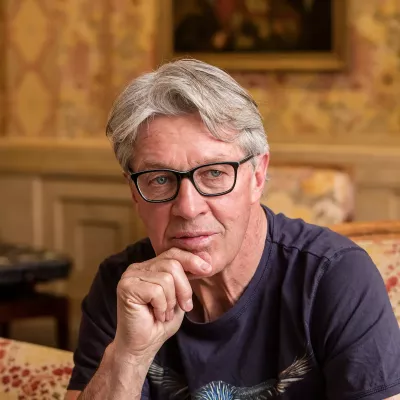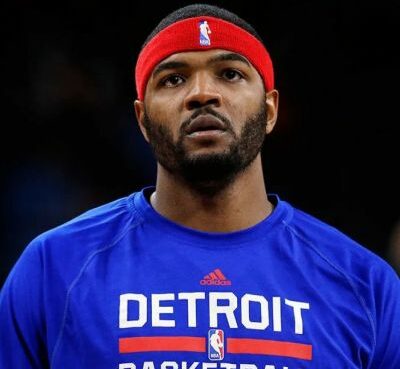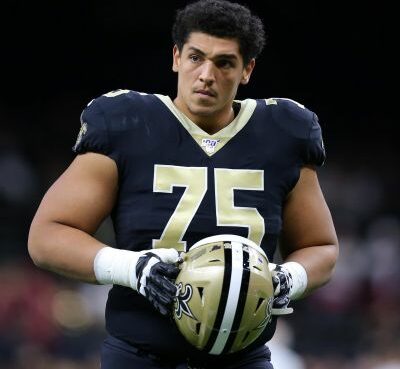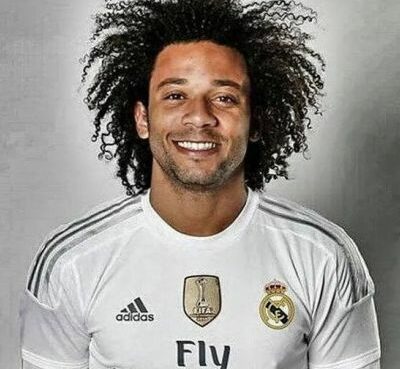Table of Contents
Who is Bernhard Russi?
Bernhard Russi has spent his entire life committed to downhill skiing, first as a world and Olympic champion in the 1970s and then as an Olympic downhill course designer since 1988.
Bernhard Russiclaims to have started skiing at the age of two, which may not be an exaggeration given his international achievements while representing Switzerland.
He was born on August 20, 1948, and is a retired Swiss World Cup alpine ski racer. He was born in the Uri canton of Andermatt.
Despite having resigned from his professional career, he remains quite active and is possibly one of Switzerland’s most well-known individuals due to his numerous media appearances.
In addition, he is an Olympic, World, and World Cup downhill champion.
This article contains everything there is to know about Bernhard Russi.
Professional Development
Russi made his World Cup debut in giant slalom at the age of 19 in Adelboden in January 1968.
After competing in two races in 1968 and six in 1969, he returned to the World Cup circuit full-time in December 1969.
He also finished fourth in the Downhill at Garmisch-Partenkirchen on February 1.
As a result, he was named to the Swiss team for the 1970 World Championships.
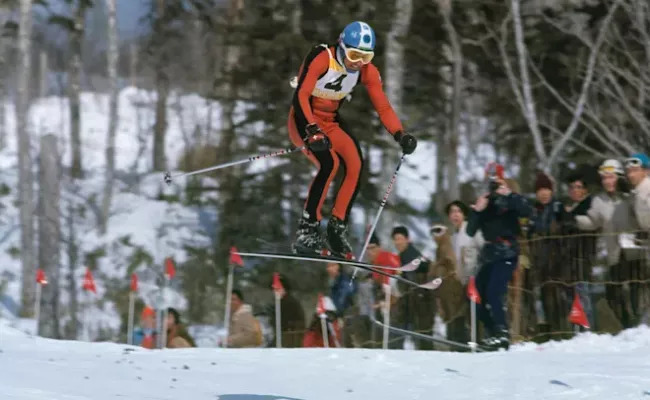
In addition, he won his first downhill event, beating out Austrian Karl Cordin and Australian Malcolm Milne.
Bernhard finished second in 1973, third in 1976 and 1977, and won the downhill title twice in 1971 and 1972.
His best overall result was sixth, which he achieved three times in 1971, 1972, and 1977.
From 1948 through 1980, the Winter Olympics also served as the international alpine skiing championships.
During the early seasons, the World Cup season standings included the World Championships (1970) and the Olympics (1968).
These major competitions, however, were phased out beginning with the 1971 season.
Games that are disappointing
Bernhard underperformed at the 1974 World Championships on home snow.
In St. Moritz, he finished twelfth in the downhill.
Russi came close to retaining his Olympic championship in 1976, finishing second in Innsbruck, Austria.
Russi’s performance in the downhill at the 1978 World Championships in Garmisch, where he finished fifteenth in late January, was disappointing, as it had been in 1974.
After ten World Cup victories, 28 podiums, and 52 top-ten finishes, he announced his retirement from international racing a few days later.
Injury
Russi’s racing career was impeded in the late 1960s by his work as a stuntman in the film On Her Majesty’s Secret Service, which was shot in Switzerland.
Unfortunately, he fractured a cervical vertebra during the shot.
After a period of rehabilitation, he competed in the Downhill Race at Val d’Isère for the first time in several months on December 14, 1969, finishing 14th.
For the first time, he collected World Cup points by finishing in the top ten.
Furthermore, he was the 15th racer on the start list on new snow, which was an appropriate figure for the conditions.
Despite suffering a hand fracture in a practice race a week before, he triumphed despite experiencing difficulty during his winning run.
Russi’s victory run was skied without ski wax because his coach, Paul Berlinger, scraped it off his skis right before the start.
Following Retirement
Russi is currently the head of the FIS Alpine Committee and a downhill course design technical advisor.
He was also the building supervisor for the Rosa Khutor course in Krasnaja Poljana (2014 Winter Olympics).
He also works for Swiss television as a ski race analyst.
Russi also serves as a brand ambassador for Subaru, a Japanese automobile, as well as other Swiss companies.
The thin line: Life on the Edge was his first feature film (2008).
He played himself in the film. Furthermore, he was 60 years old when he starred in this film.
Furthermore, he is well-known for his work on Sapporo 1972: XI Olympic Winter Games (1972), Superstars (1973), and Der Club (1974). (1985).
Russi is also the president of the Andermatt Realp Golf Club, one of two highly regarded courses in the area.
Architect
In the 1980s, Bernhard was commissioned by the International Ski Federation (FIS) to design Olympic runs.
This sometimes entailed flying over the chosen location in a helicopter while conducting topographical studies.
Furthermore, he skied the intended slope to identify a route that would bring out the best in the world’s best skiers.
Kvitfjell designed Olympiabakken, the downhill course for the Lillehammer Winter Games in 1994. (NOR).
It has been used at every World Cup since.
One of his most recent projects is the Rosa Khutor mountain resort course in Russia’s the Caucasus Mountains.
He was tasked with creating a new course for use in Sochi 2014.
Other times, he’s been hired to renovate existing pistes, such as Val d’Isère’s famed Bellevarde Face.
In 1992, it provided a beautiful background for the downhill events at the Albertville Winter Games.
In addition, the Grizzly course in Snowbasin for the Salt Lake City 2002 Winter Games and the Barchetta course in Sestrière for the Turin Winter Games in 2006.
Mountain Man Bernhard Russi
Russi has frequently claimed that building exceptional ski routes necessitates the capacity to imagine what is required to elicit the best from competitors.
Furthermore, it is an understanding of a mountain’s uniqueness in order to maximize the utilization of its contours.
“I respect the sport,” he said. It’s something I consider every day, whether I’m at work or on vacation.
My entire life revolves around skiing!”
Wife of Bernhard Russi
Bernhard is married to Mari Bergström, his longtime lover. She is of Swedish heritage.
The pair has a daughter together.
His marriage to Mari, on the other hand, comes in second.
He was formerly married to Michèle Rubi.
She is also an athlete, having won the Swiss Skiing Championship three times in 1970.
Russi and Mari also have a son together.
Award Ceremony Chaos
According to Russi, he unexpectedly won the downhill World Championship in 1970.
His carer had lost track of him, and traffic in town had collapsed due to the media hoopla.
All he knew was that the award ceremony will take place in Ortisei/St.
Ulrich after the race. He hitchhiked back to the hotel and was picked up by Spaniards.
He afterward realized, horrified, that his official team attire was already on its way to the Award Ceremony.
Fortunately, the hotel host swiftly transported him on backroads to Ortisei/St. Ulrich with the assistance of a police escort.
However, the clothing he was supposed to wear at the ceremony was still missing.
Finally, two minutes before the ceremony, Kurt Schneider stepped in and loaned Russi his formal coat.
It was at least two sizes too small, according to Russi.
Nonetheless, he cherished every moment of the award ceremony, which still brings back many memories.
“As soon as the first notes of the national anthem were played, tears flowed down my cheeks,” he explained.
It was so tiring emotionally that I didn’t notice they were playing the British national anthem instead of the Swiss.”
Achievements
Because the World Championships counted towards the World Cup at the time, Bernhard Russi’s World Championship victory was also his first World Cup race victory.
Two years later, atop Mt. Eniwa, he won a gold medal in the same sport at the 1972 Olympics in Sapporo, Japan.
Switzerland’s Roland Collombin won silver, completing a Swiss one-two.
Russi won the World Cup season title downhill in 1971 and 1972.
For the second year in a row, he was awarded Swiss Sportsman of the Year, as well as the Skier d’Or and the Étoile d’Or (the Gold Star) for the world’s finest ski racer.
Furthermore, no Olympic downhill champion has been able to successfully defend his title in 2018; Russi is the only defender to medal.
Champion
On February 15, 1970, on the piste at Sasslong in Val Gardena, 22-year-old Swiss Bernhard Russi made a dramatic entrance onto the big stage.
In the World Downhill Championships, he outperformed all of the favorites.
That set the tone for a decade at the pinnacle of downhill, when he consistently shared the podium alongside giants of the era such as Austria’s Franz Klammer.
Russi won gold at the 1972 Winter Olympics in Sapporo, in addition to 28 downhill podium finishes and ten World Cup victories.
Furthermore, he won silver four years later in Innsbruck, trailing only Klammer.
Russi announced his retirement from professional skiing shortly after finishing third in Cortina d’Ampezzo in December 1977.
But that was just the start of a new chapter in what had been a lifelong love affair with downhill skiing.
Bernhard Russi’s Salary
Bernhard’s net worth is believed to be between $1 and $6 million.
His principal source of riches is his professional skiing career.
Aside from that, Russi has appeared in several media outlets, which has given him a good living.
He is also involved in a number of endorsements.
Also, read Morgan Calantoni, 124 Motivating Gary Lineker Quotes, Top 100 Rose Namajunas Quotes
Presence on Social Media
Bernhard Russia is not present on any social media platforms.
He is a more private and secretive person.
He prefers to keep his personal life private.

